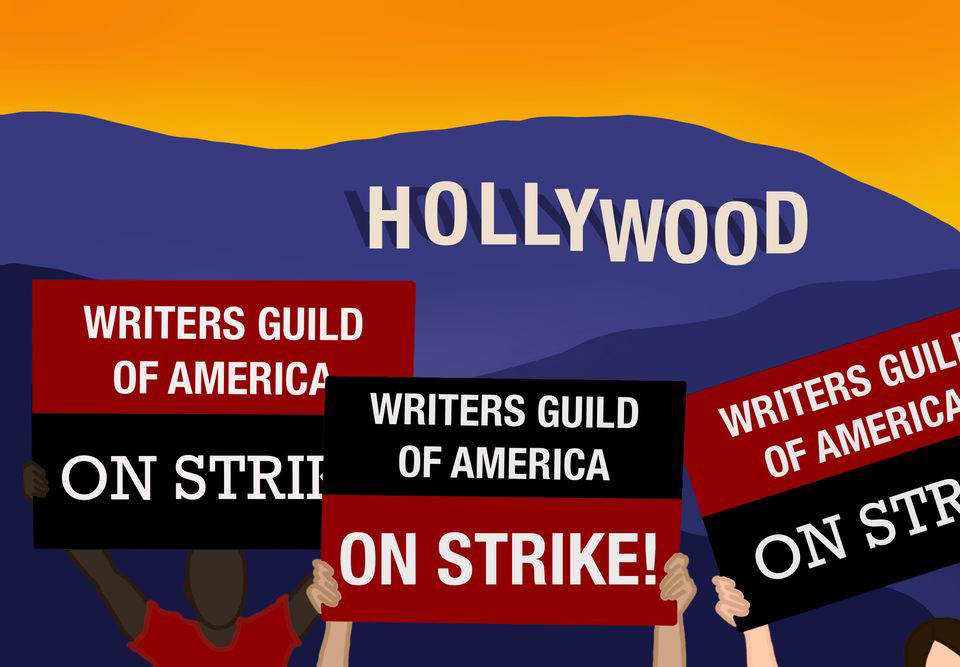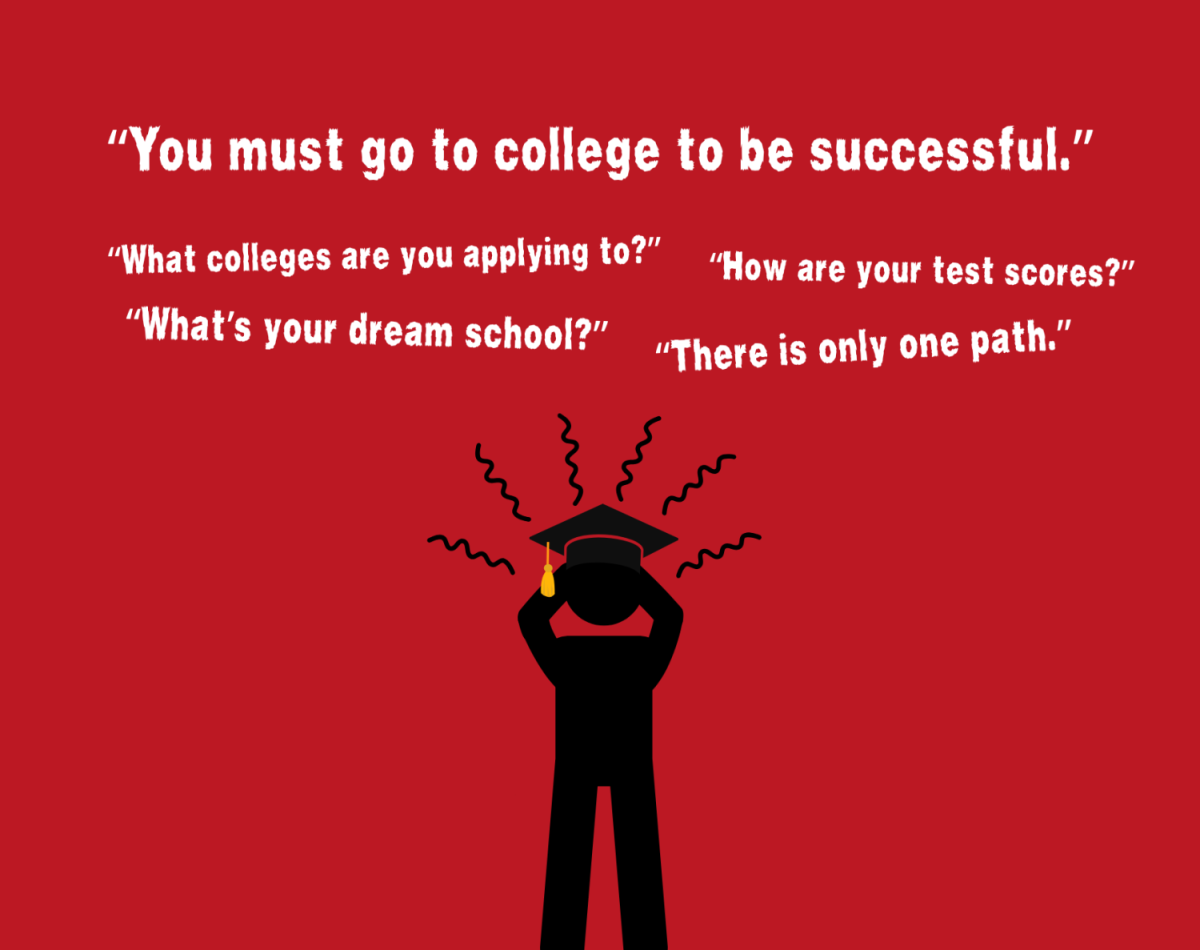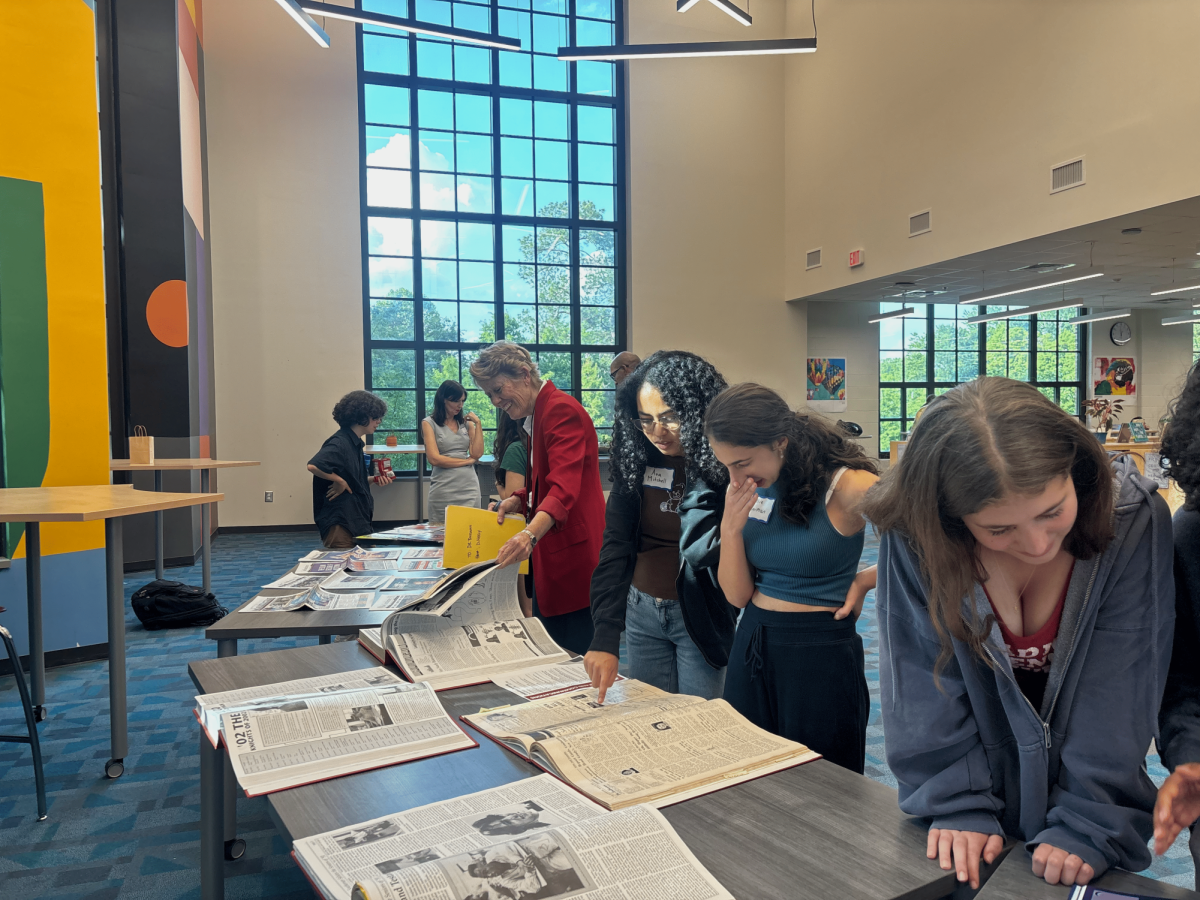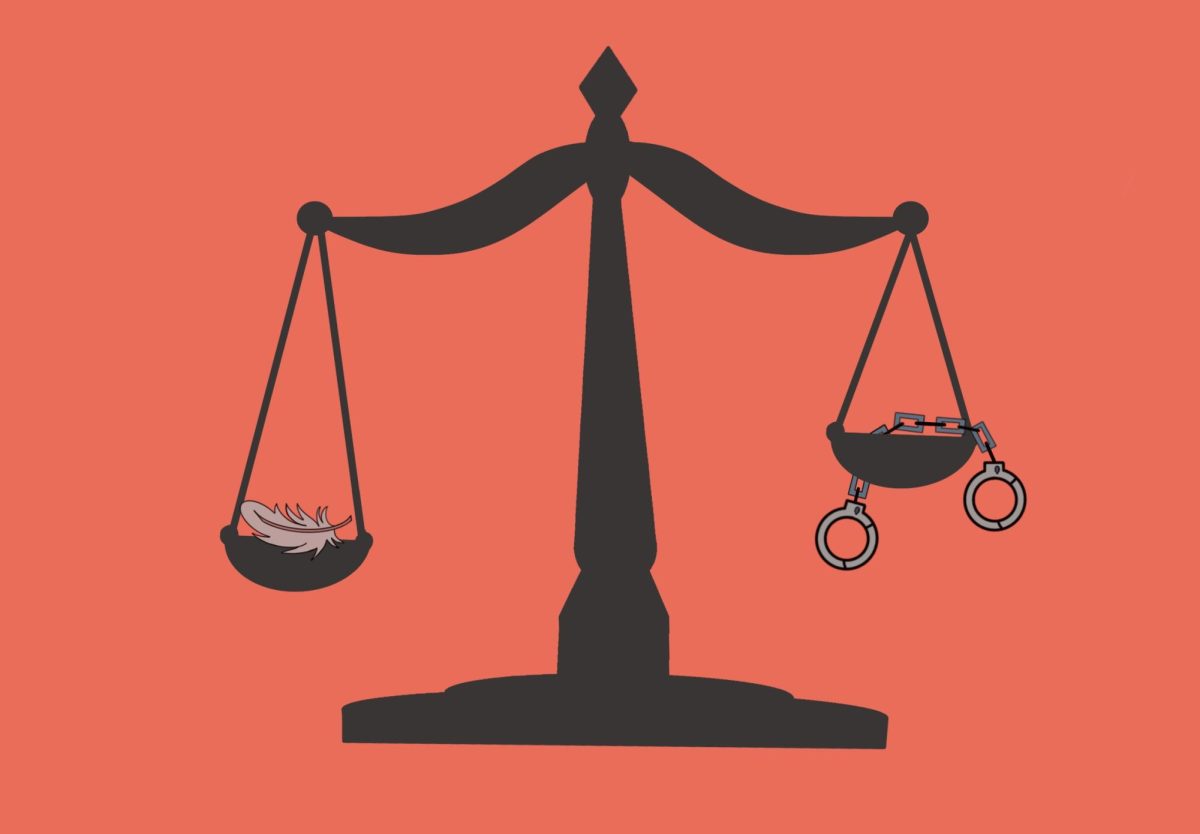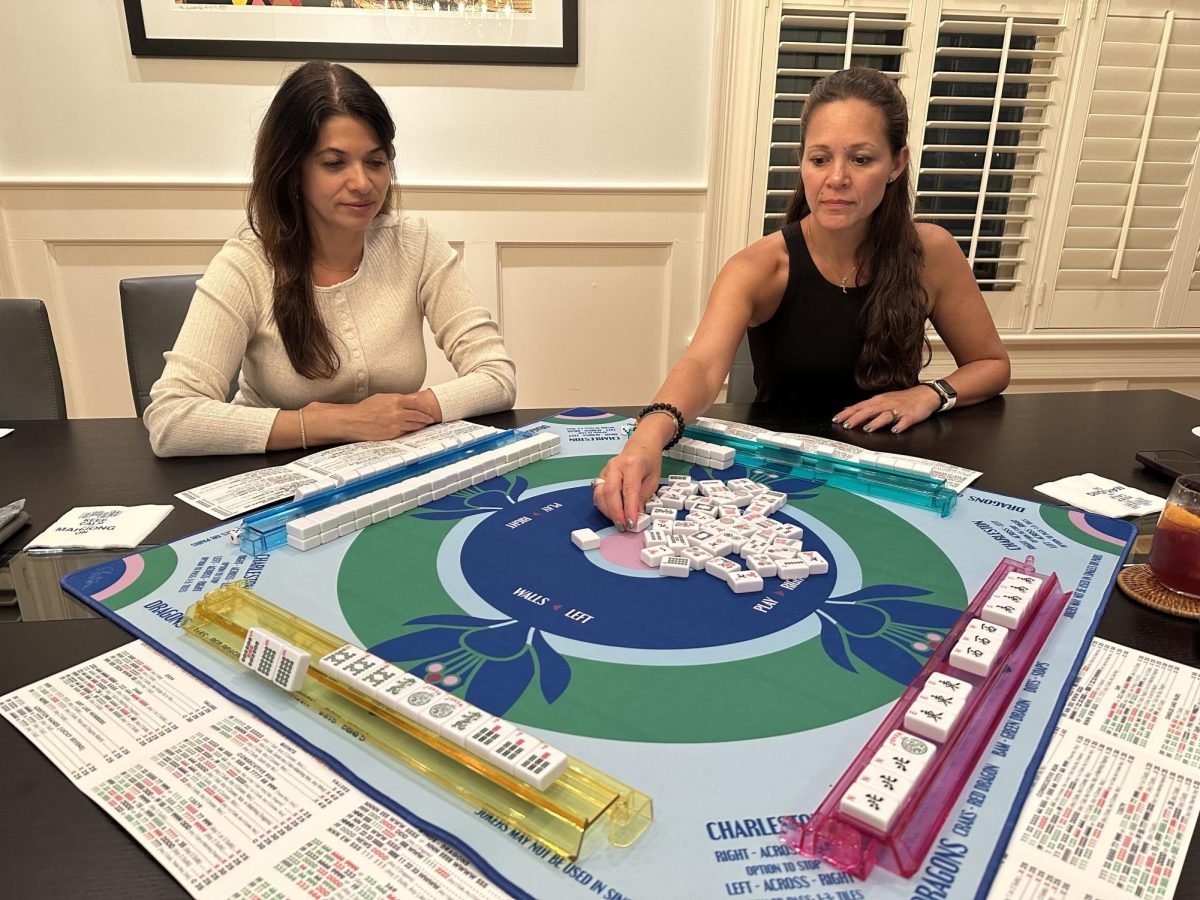The Writer’s Guild of America (WGA), a labor union representing Hollywood writers, announced on Aug. 11 that it is evaluating a new contract proposal from studios, a potential sign of progress in the over three-month strike. The strike represents a critical moment in the age of streaming and artificial intelligence as writers fear the impact on compensation and employment.
The strike began this May, motivated by concerns over lower streaming residuals, the long-term payments writers receive after a show’s release, and the use of AI to write scripts. The Alliance of Motion Picture and Television Producers (AMPTP) is the trade association representing over 350 television production companies, including major film studios, network TV and streaming services. Since the WGA members who write most of the major corporations’ scripts are on strike, there is only a small number of people to write scripts for these film companies. Services like Disney, Paramount, Sony and Warner Bros. have been affected.
When television was mainly on cable and DVD, the pay writers received depended on if the show or movie did well. Writers would be paid upfront for their work writing the show and then continue to get paid every time it would air on cable, or a DVD was sold. That’s the way it should still continue to be.
With the integration of A.I. into the film industry, writers are being replaced with A.I.-generated tactics. Using work written by humans, A.I. are being trained to write even more advanced plots. Writers are then being hired to type out the scripts that A.I. have already written, at a fragment of their previous pay rates. The increased use of artificial intelligence is something that could affect other industries very soon and needs to be watched carefully.
Once streaming was brought into the picture, the structure of how writers got paid changed for the worse. Now, they are paid one sum of money upfront just like before, but receive no residuals after that. To put it into perspective, millions of people could be watching the show that a writer wrote, but a writer would not get continuously paid, even though the show is off the charts.The writer for a show like Grey’s Anatomy, for example, which has 19 seasons and 400 episodes total, would only be paid once upfront. This is unfair to the writers, being that there would be no show without the script they wrote. Now, producers have A.I. to aid them, without authentic writing from real people with years worth of raw experience.
The effect of the writers strike is huge, as production for popular shows like Abbott Elementary, Stranger Things, Euphoria, Cobra Kai, Saturday Night Live and The Last of Us have all been put on halt. Some television writers’ rooms have even shut down completely. The Duffer Brothers, the creators of Stranger Things, posted a tweet saying “Duffers here. Writing does not stop when filming begins. While we’re excited to start production with our amazing cast and crew, it is not possible during this strike. We hope a fair deal is reached soon so we can all get back to work. Until then — over and out. #wgastrong.” If the strike continues later into the fall, we could see falling rates of content production similar to what it was like when COVID shut down filming production.
These streaming giants have transformed the entertainment industry. The development of streaming has led to shrinking residuals, and in some cases, none. Streaming and cable work a lot differently. While cable networks pay writers based on the amount of reruns their show pursues, payments from streaming companies are based on the amount of subscribers the service has. This means that whether or not the show is a moneymaker does not affect the writer’s salary.
Although using A.I. is quick and produces content faster, it’s not authentic. Technology-generated movie and television scripts don’t require the raw thought process it takes for writers to write plots and figure out where to really grab the attention of the watcher. A.I. is all about algorithms, nothing unique or special, just reconfigured and familiar stories with chunks of plots being reused.
This strike is important to take note of because of the growing use of A.I. within large industries. The strike is a unique way of making a clear point that other unions and industries could learn from if they face issues with A.I. interfering with their jobs. The powerful yet disruptive nature of A.I. could change the world we live in forever, but we need to make sure it does so in a way that it makes people’s lives and jobs better. Influential movements like the writer’s strike are critical at ensuring that. The WGA and AMPTP need to reach a deal to safeguard employees from A.I. and streamer giants trying to not pay residuals in order to defend film and television writers, and perhaps even the writing profession as a whole.

